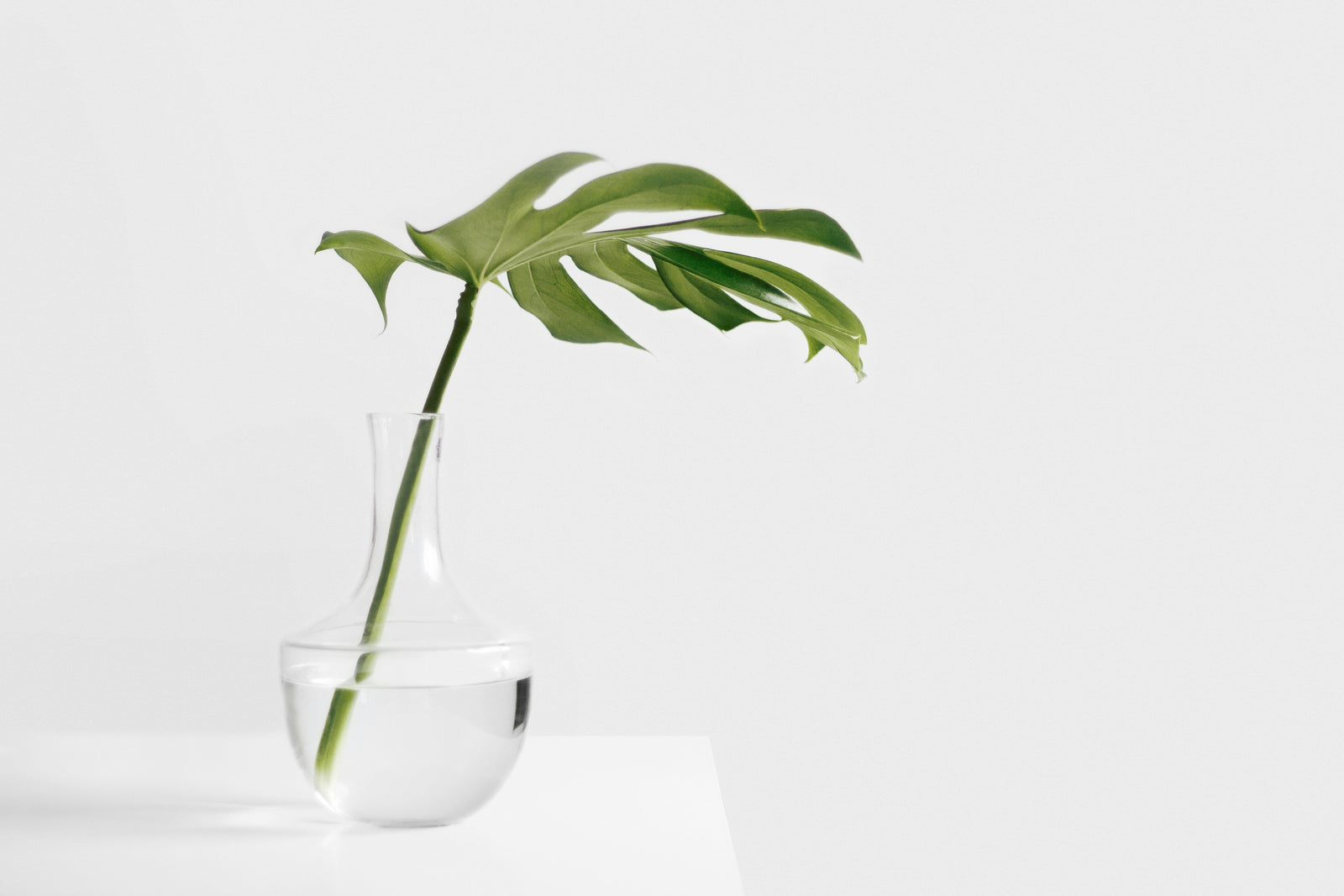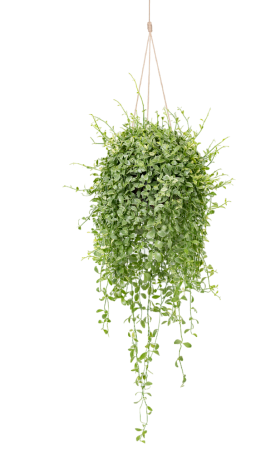How Minimalism Makes a Healthy Environment for Living

“Minimalism” has a lot of relevance in 2025. First of all, what is minimalism? I’ve found several definitions:
-
Minimalism is a tool to rid yourself of life’s excess in favor of focusing on what’s important—so you can find happiness, fulfillment, and freedom. (What Is Minimalism?)
-
Minimalism is marked by clarity, purpose, and intentionality. At its core, being a minimalist means intentionally promoting the things we most value and removing everything that distracts us from it. (What is Minimalism?)
-
Minimalism is defined as a design or style in which the simplest and fewest elements are used to create the maximum effect. (What Is Minimalism? A Practical Guide to a Minimalist Lifestyle)
There are lots of websites and books devoted to Minimalism, and the interesting thing is, contrary to what some people think, there aren’t any actual rules to minimalism. There’s no official board of minimalism to determine whether or not you’re doing minimalism right. Minimalism truly looks different for everyone. (What Is Minimalism? A Practical Guide to a Minimalist Lifestyle)
However, here are some general guidelines that minimalists embrace: (by Anthony Ongaro of Break the Twitch)
-
It doesn’t need to cost you money (expensive “minimalistic” decor is not required)
-
Minimalism is dynamic, not static (the way you practice minimalism may change over time)
-
Declutter first, organize second (don’t spend time organizing what you’re going to throw away!)
-
Build self-confidence by removing the connection of self-worth with things that you own.
-
Build up your decision making muscle by exercising it.
-
Minimalism is simple, but it’s not easy!
-
It’s a process of removing distractions so that you can tackle bigger and bigger challenges in your life, doing more meaningful work than ever before.
Perhaps the one guideline that is most helpful is this: Remove things you don’t need, and stop the inflow of things you don’t need!
Barriers to minimalism: upbringing
I come from a minimalist design-focused background. My father’s mother covered her walls and home with every kind of antique and collectible you can imagine and called them her “diddles”. My parents did much of the same (minus the cigarette smoke), and people frequently complimented on how warm and “cozy” their house was. I attempted to do maximalism in many of my homes, but it’s hard to pull off with a minimal budget. However, I can tell you that minimalism, even as a temporary environment, was immediately successful and feels GOOD. Case in point: I wanted to sell a house and move. I worked really hard to fix it up (finish all the small and large details that I hadn’t bothered with in the seven years I lived there) and then, I also worked really hard to declutter, so that those online listing photos would look good. They certainly did. The rooms looked larger, cleaner, and more beautiful than ever!! I also enjoyed seeing my favorite decor pieces showcased on their own. I imagined I would do this with my next home, however, the problem was that I put all the excess in storage and didn’t actually get rid of it. It ended up coming back. I also grew up with a frugal background (my grandmother lived as a girl through the Great Depression and it clearly impacted her, to help her “save” everything that she thought she would need later).
Another barrier to minimalism is uncertain times. The news stories of diseases, disasters and unrest cause us to want to make or buy “insurance” against chaos. However, if these extra supplies and equipment get in the way (most often financially) to enjoying life at the moment, we tend to be operating on fear of the future instead of enjoying the present.
What are the benefits of Minimalism? Here are some top benefits from minimalist Anthony Ongaro:
-
Starting with the refrigerator: When you have an uncluttered fridge, you can see what foods you have and make meals with them, before the food you bought goes bad.
-
Stress is reduced because without a lot of “stuff” around you, things that go missing are generally easier to find.
-
Stress is reduced when getting dressed because you only have clothes that fit and you like wearing.
-
It’s actually safer to open cabinets, closets and walk through your home when there is less stuff to fall and/or trip over.
-
Your work at home is more productive because there is less to visually distract you from the task at hand.
-
Stress is reduced because you actually save money on not buying stuff you don’t use (or storing that stuff).
-
Stress is reduced because laundry is easy–less loads and sometimes less sorting if you buy multiples of the same item that works for you (for example, socks!)
-
Stress is reduced because “tidying up” the home is easier, promoting a better social life (you’re not worried about inviting people over).
-
Traveling is cheaper and easier because you tend to pack less stuff (yes the shoulders and back will thank you!)
At HypoAir, we would emphasize that less stuff really does translate to a healthier home environment.
Besides all the “stress reducing” benefits mentioned above, this article gives more physical rewards of minimalism. (The health benefits of embracing a minimalist lifestyle)
-
Removing clutter also reduces fire risk.
-
Having stacks of things around the house can lead to dust in dry areas; mold and mildew in damp spaces; and bacteria in the kitchen and bathroom. A minimalistic lifestyle means there’s fewer surfaces and cluttered spaces where allergens and illness-causing germs can accumulate. That way, the appliances you use to create air circulation and sanitization (ceiling fans, central HVAC, ionizers and purifiers) can all do their jobs effectively to keep you healthy! It also helps you to clearly see unexpected leaks and moldy areas sooner: the sooner you catch these health issues, the less time and money is needed to rectify them!
-
Cleaning and removing dust is easier in a minimalist home. You can see most of the surfaces you need to clean and spend less time moving things around to clean around/under them; you’re even more likely to clean when a room is decluttered. Minimalism also helps reduce the workload because you can employ smart tools more easily–that floor-cleaning robot, for example, can clean more of the floor because it doesn’t have to weave around dozens of things!
-
A cluttered home or office can cause you to feel anxious and overwhelmed. Having less items to worry about translates to a more peaceful state of mind, making it easier to relax and sleep well.
-
Minimalism is also healthier for our pets, too: it reduces risks of accidental ingestion of small items or other hazards (11 Benefits of Decluttering for Healthy Home). Since most pets spend a lot of time on the floor, floors that are clean of dust and allergens also helps their respiratory systems.
For all of these reasons and more, we heartily encourage embracing your version of minimalism. If it doesn’t work for you, don’t do like I did and put it in storage–donate or trash it! For ways to get started on decluttering your home and simplifying your life, check out our article.
Photo by Sarah Dorweiler on Unsplash






